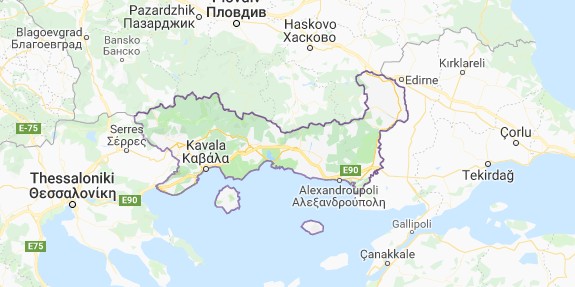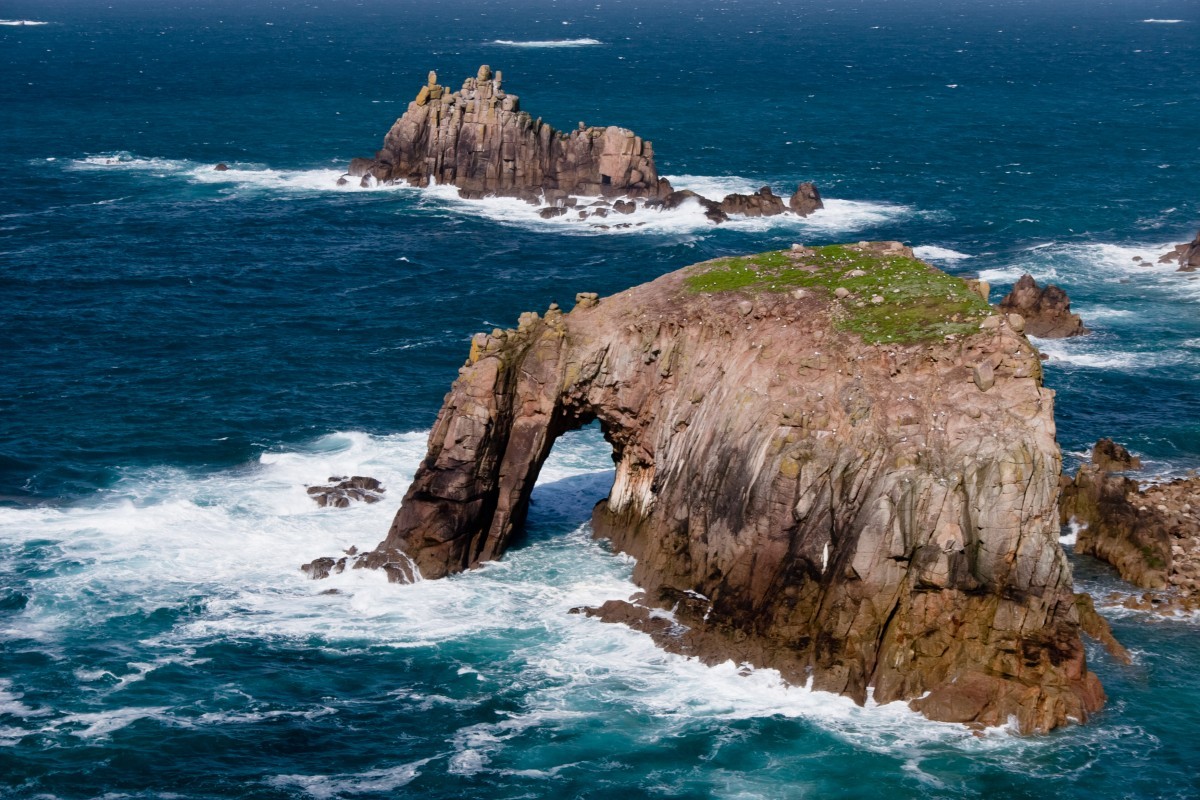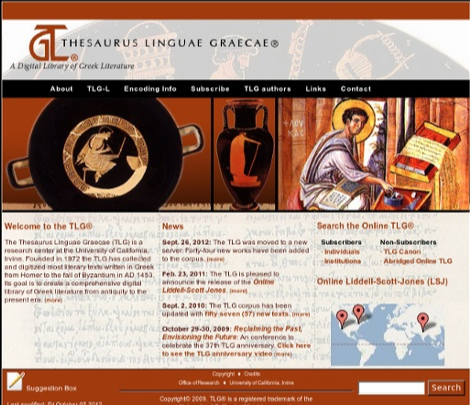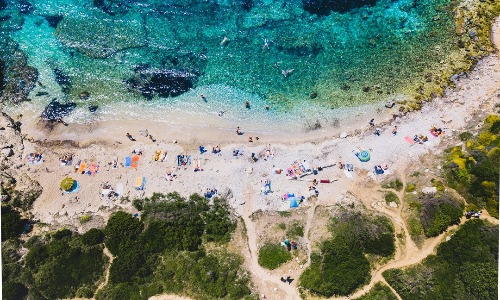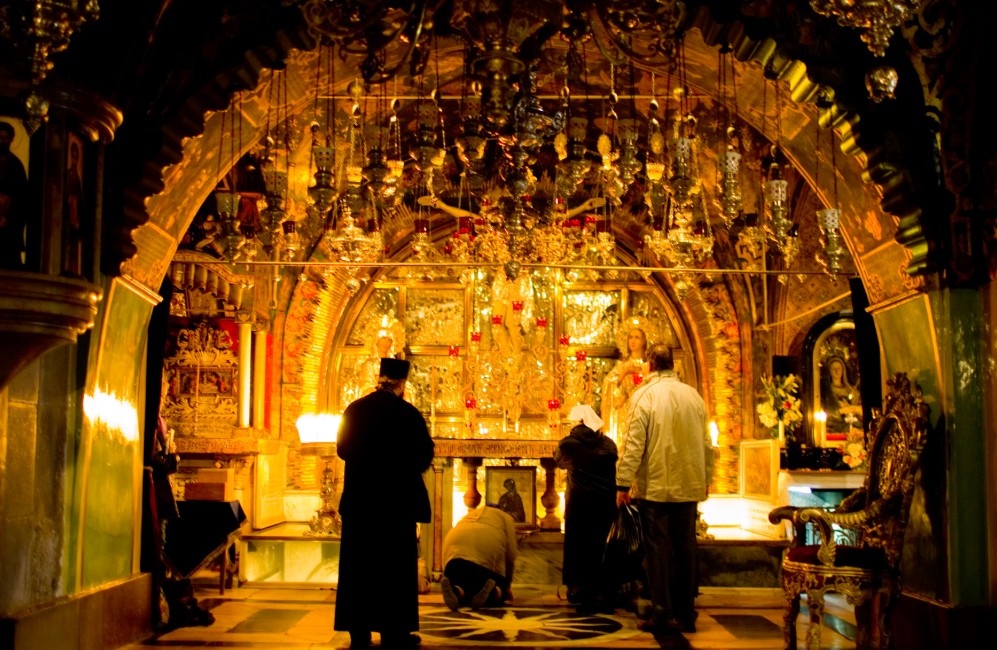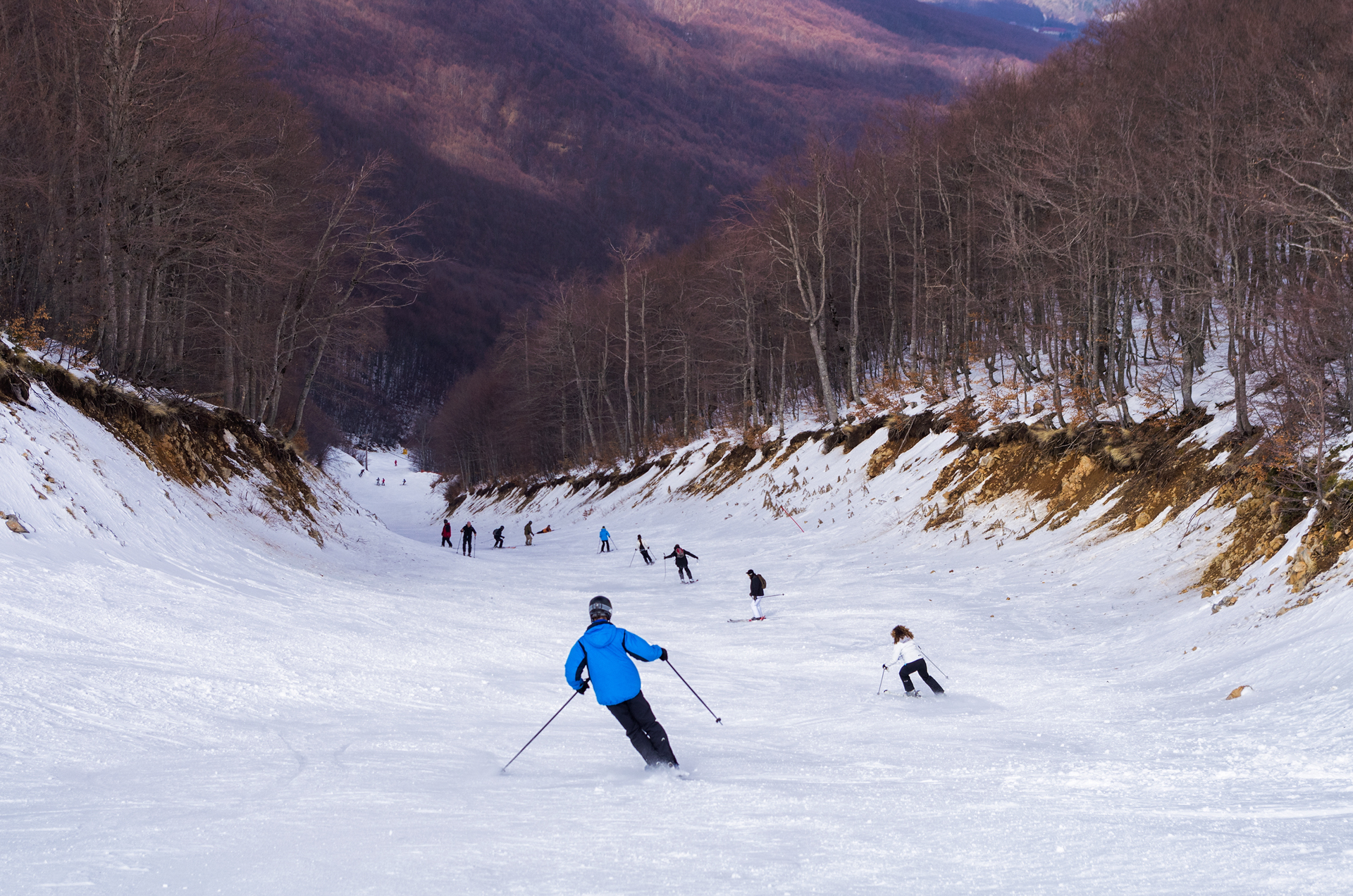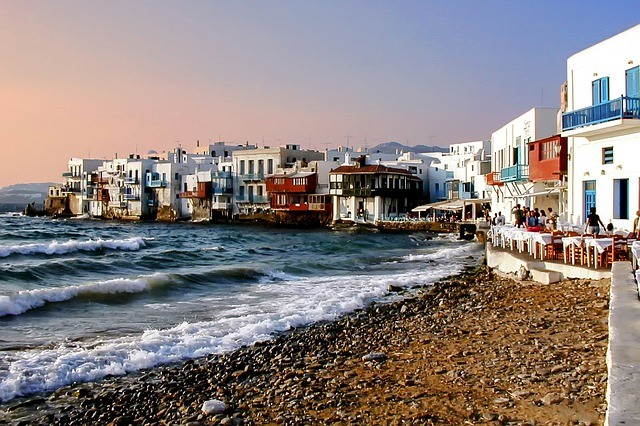Until our first trip to a Greek island, my husband Alf and I had no idea what people meant by “significant wind strength.” Your hat won’t stay on and laundry peels itself off the line to take flight. You have to duck your head just to walk a straight path. You get a clue about the raw power of the wind from the trees – growing bent toward the south. Friends on the island of Andros wanted to capture some of that power for a windmill and in 1994 they invited us over to help build it.
Their needs for their two-room house were simple. They had a refrigerator and a few lights, no other appliances. They cooked with gas. The plan sounded straightforward enough to us when we agreed to help build a windmill that would produce eight kilowatts per day. Past experience on the island, the northernmost of the Cycladic chain, had been that commercial windmills were not tough enough to battle the fierce winds off the Aegean. A handful of other islanders had tried, only to have their purchases come crashing down during a storm. It’s fair to say the idea of a windmill wasn’t taken very seriously on the island.
As our ferry neared the island’s port of Gavrio, everything appeared magical. I told Alf that if I were a painter, I’d run out of blue trying to capture the sky and the sea as the sun rays danced across it. The island seemed decorated in shades of blue – from courtyard gates, to the chapels dotting the hillsides, to the chairs and tables waiting at harbor cafes.
When we disembarked and entered the enchanted blue dreamworld, the laid-back rhythm of island life sent us into a complete state of confusion. We found almost no street signs or house numbers to help us locate our friends. Few dwellings had telephones, theirs included (not that we could have understand a phone book).
Our friends had told us their house, up in the hills about five miles from the port, was white stucco and stone and they had blue flower pots out front. Lo and behold, Andros had hundreds, if not thousands, of dwellings matching that very description!

We wandered around and asked merchants near the harbor area if they knew our friends. We were unaware locals would know them by their first names and we were asking everybody using a family name. We got nowhere inquiring about Mr. So-and-So. We asked at every kafenio, taverna and supermarket we could find, but our luck changed for the better when we spotted a land registry office and chanced to meet the man who had surveyed our friends’ property. He sent us on our way, with specific instructions to our taxi driver.
Our designing and building the windmill began. Most of the parts came from the island’s trash heaps, except the (very used) 24-volt bus alternator we had lugged with us. We were not after any awards for beauty, we just wanted the windmill to work. The center part of the rotor was once the wheeled base of an office chair and the windmill’s blades were once part of an old welding table. The balancing rods were iron water pipes. We ran into many skeptics along the way. Few people actually believed a bunch of amateurs (a sociology teacher, a history professor, a camera salesman and a secretary) had much of a chance of turning a bunch of recycled junk into a functioning windmill. It took us two summer visits to get it right, but we built a one-of-a-kind model.
With only a single chance to swim in the sea, it was time for my husband and me to head back to our jobs. We didn’t want to leave behind the endless whitewashed steps, the grazing sheep, the fieldstone walls enclosing olive groves or the bouzouki music blaring from tavernas.
Back in Germany, the lure of Greece stayed in our heads. We couldn’t shake the images of lemon groves, the winding stone pathways, and cats waiting at the harbor to share the day’s catch. We listened to our Greek music tapes and sipped retsina, but it wasn’t the same as being on the island. As we examined our vacation photos of dovecotes, wooden fishing boats, goats, and red geraniums overflowing rusty metal cans, we vowed to shake city life and find ourselves a Greek island paradise. But where?
We studied travel books and researched on the Internet. We listened to friends‘ stories about visits to various islands. We devoured travel articles. We sat down and composed a list of what “our“ island must have.
- Many trees
- Adequate water supply
- A hospital/clinic
- Ferry connections
- An airport
- A bus system
- Some paved roads
- Shops open in winter
Searching for a new home base is never easy. To complicate it, neither of us had lived on an island before. Expat life, however, was nothing new to us. I was born outside Boston and grew up in the Midwest (of the U.S.), but had relocated to Germany at age 21. Alf was born in Duesseldorf, Germany, but had lived most of his life in northwest Spain. So we had relocating in our blood!
We‘d spent so much energy into worrying about what “our” island would offer, we hadn’t put much thought into a dwelling. We were both eager to give up living in a 44-square meter city apartment.
We started our wish list for the house on our unknown island with:
- Small detached house (not so ruined we couldn’t move in)
- Courtyard with trees
- Some extra land
- Water
- Electricity
- Telephone line
- Near enough to town so we could use the bus
We kept our needs simple. We only concentrated on older houses and traditional farmhouses. Though we’d never owned a house before, we figured it had to be in stable enough condition so that we could live in it while renovating. So we disqualified any falling-apart buildings with sky where there should be roof. (True, you could buy them for a song, but we didn‘t want to relocate from Germany with our furniture and our cat and end up paying for a hotel room on our dream island.)
Maybe we put the cart before the horse, but already we’d quit our jobs. We were earning our keep from freelance writing and translating books. We figured, as long as we could get Internet access in our new location, we could continue working the same way. While we clung to our Greek island dream, we never forgot we were on a limited budget. There was no question we would have to keep working once we arrived on our island. We enrolled in an intensive, year-long Modern Greek course and followed that up with another semester of basic conversational Greek. We turned up at the Greek Consulate with questions about shipping our cat, filing income taxes, importing and registering our scooter. One list of questions led to another. We wanted every potential problem area fixed before our move took place.
I sold off our houseplants at flea markets and gave away excess furniture and much of our winter clothing. We were almost packed and ready to go. But where were we headed? Researching from travel books and the Internet, we eliminated many islands. Some were too large, others too touristy. A few had inadequate ferry connections, also no airport. If a guide book described an island as being rocky with almost no trees, we mentally crossed it off our list. We pared our list down and down.
In May of 1999, we stopped by the island of Karpathos during a few days in the Dodecanese.

We were there for some slides for an article about traditional costumes and music. While we were at it, we hiked around remote hillsides in search of for sale signs or property border markings painted on rocks. We inquired in coffee houses about who might be selling what.
We found an architect with lists from friends and relatives wanting to sell various properties. Were we willing to view some of the old places? Sure, why not? Karpathos wasn‘t on our list of possible islands, but what did we have to lose? I unfolded my wish list, though by then I probably could have recited it by heart. I read off the items to him.

The architect listened carefully and was silent for a few moments. Then he said he knew of such a place … When we drove from the main harbor town about six miles to a farm village, sage and thyme filled the air.
Suddenly we were surrounded by olive groves and citrus trees and there were flowers everywhere. Cars get parked in the village square and you go by foot along pathways and steps. Up, up, up the three of us went. The view of the sea stole our hearts.
The architect had understood our wish list perfectly. We stopped in front of a whitewashed farmhouse, the courtyard protected by four mature almond trees. The thickness of the stone walls kept the house cool in summer and warmer in winter, he explained to us. (Most of the old houses offer no heating, except for fires on those cold winter nights.) My husband and I walked around on the wooden floorboards. We looked out the windows at the sea and we examined the roof. I turned on a water tap and ice-cold water danced out. The adjoining property was a carpet of wild artichokes and there was space for a garden. My husband and I just stood there, captivated. Almost in a trance, we watched the goats scampering around the hillsides. From the distance came sounds of donkeys and sheep. Occasionally a dog barked.

I was hooked and so was Alf. The architect showed us a few other houses, but our hearts weren‘t there. We’d found our dream house. We just didn‘t let on. Not yet.
Once we returned to Germany, my husband arranged for a building expert to travel to Karpathos with him to examine the house. We knew nothing about foundations, roofs or anything else. Just maybe we’d viewed everything through rose-colored glasses. They flew to Karpathos. When the man declared the house a steal, we made an offer. After a little negotiating back-and-forth, we agreed on a price. We made plans to move a few months later. There were no jobs to quit and few household belongings left to clear out. We‘ve packed a lifetime into our seven years of island life. When we‘re not writing stories or articles, you‘ll find us hard at work in the garden. We‘ve harvested almonds and olives. We‘ve planted young trees and, if the wind is kind to them, someday they’ll bear fruit – lemon, orange, mandarin, fig, pear, peach and apple.
We‘re wild about our artichokes! When we arrived, there were 50 or 60 plants, all purple puff balls in that season. Now our artichokes number almost 200. Before moving to Greece, I’d never owned a pair of garden gloves, but now we manage a fair-sized vegetable garden. Alf is trying his hand at beekeeping.
Ever so slowly, the island’s rhythm has included us. Village life means attending weddings, baptisms and funerals. We fly a Greek flag on holidays.
We dance at island feasts, to the sound of the traditional lute, lyre and tsambouni (a bagpipe-type instrument). I join the village women to whitewash our steps in the days before Orthodox Easter.
Summers we join tourists and locals alike under the stars at the free concerts and folklore presentations at the island’s amphitheater.
Animals play an important role in our lives, not only because we’ve rescued/adopted three dogs and 26 cats. It’s now routine to sort food leftovers into three categories … our pets, friends’ chickens, the neighbor’s sheep.

